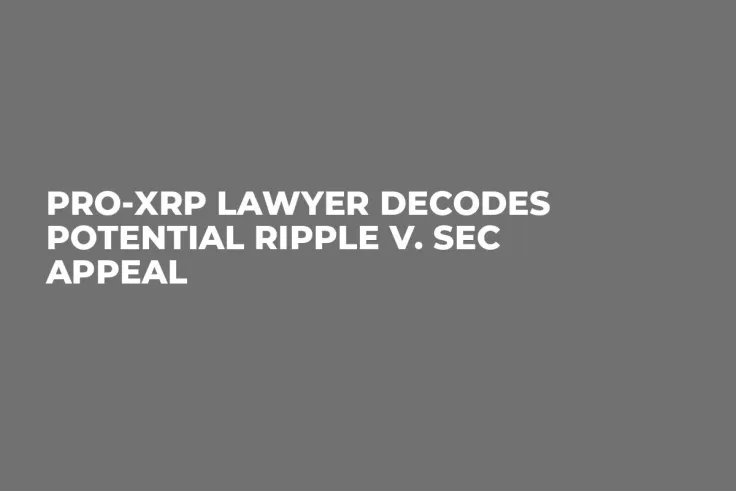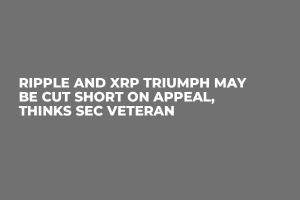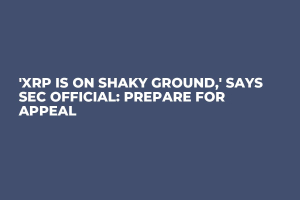In the latest development surrounding the highly anticipated Ripple v. SEC case, legal expert, attorney and digital assets enthusiast Jeremy Hogan has provided his insights into the possibility of an appeal. With his extensive experience in the field, Hogan has shed light on the factors that could influence the decision-making process of both parties involved.
Hogan points out that appeals are generally pursued after a case reaches its final judgment. However, since the Ripple case is yet to conclude, any potential appeal would fall under the category of an interlocutory one. Such appeals are rarely granted, especially if they involve sensitive information that could disrupt the proceedings.
Trial first- then final judgment.
— Jeremy Hogan (@attorneyjeremy1) July 17, 2023Advertisement
While Judge Torres did not certify her ruling for immediate review, indicating that an interlocutory appeal may not be granted, the parties still have the right to pursue a regular one once the trial and post-trial motions are completed next year.
Who would benefit from this?
According to Hogan, most attorneys believe that the SEC will appeal. However, he personally speculates that neither party is likely to choose to do so.
Appeals are known to be challenging to win, and it is Judge Torres who has already reviewed the comprehensive record of the case, says Hogan. Furthermore, the SEC potentially stands to lose more than it could gain from an appeal, as a favorable ruling could set a precedent that affects subsequent court decisions.
In contrast, Ripple may opt not to appeal if it can pay the fine imposed and if the ruling's impact on its business, particularly aspects related to the ODL (On-Demand Liquidity) service, remains manageable. Hogan suggests that these factors point toward a "no appeal" scenario for Ripple too.




 Dan Burgin
Dan Burgin Vladislav Sopov
Vladislav Sopov